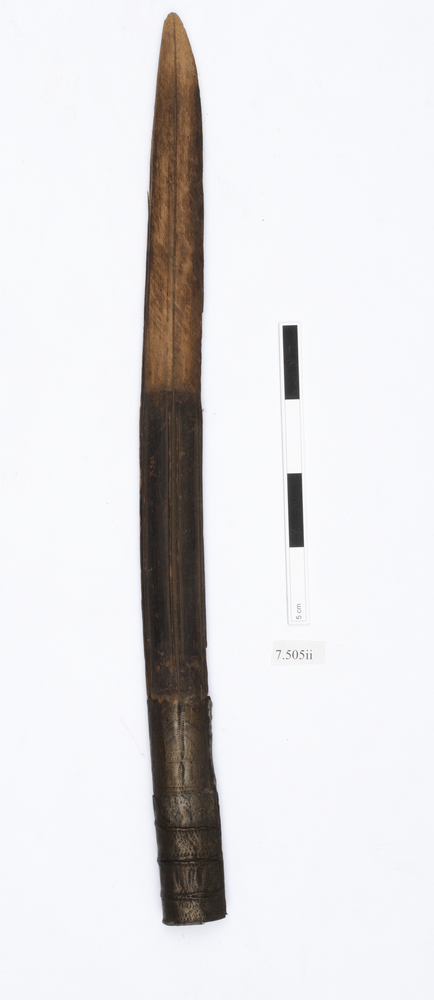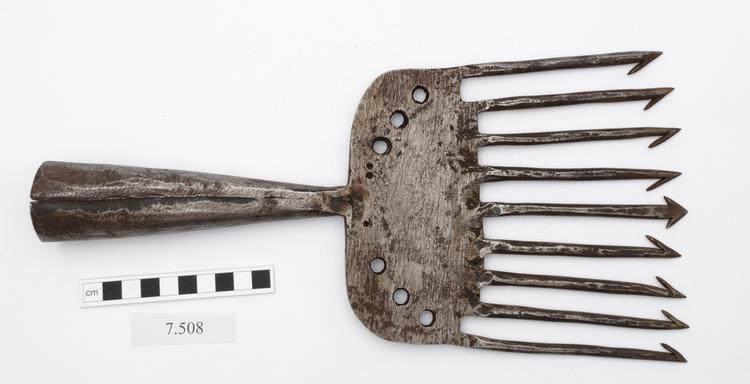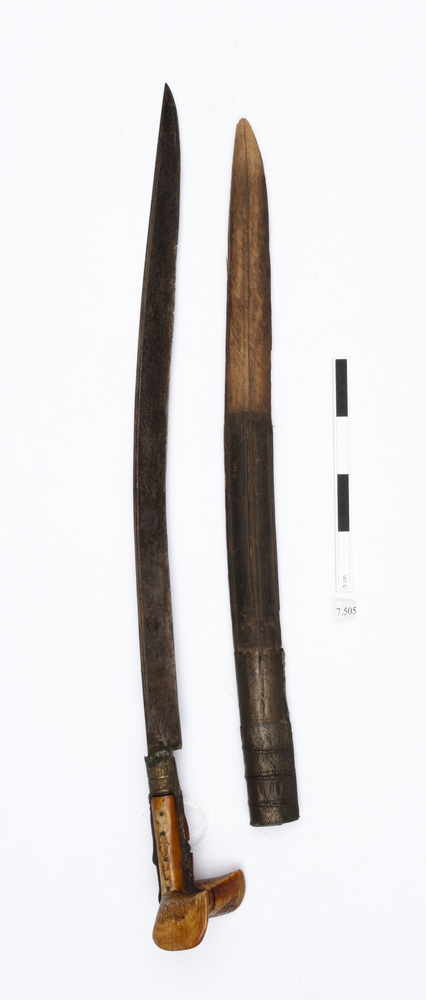Mary Edith Durham
Connected to...
Hoe blade
Fish trap (trap (hunting, fishing & trapping))
Plough
Blade
Protective charm
Protective charm
Loom model; textile
Carding tools; textile



Harpoon arrow
Plough model

Sword; sword sheath (sheath (weapons: accessories))
Plough model
Spindles (textileworking: yarn preparation & felting); textile
Winnowing forks (forks (agriculture & forestry))
Carding tool; textile
Plough model
Loom model; textile
Loom model; loom component; textile
Loom model; loom component; textile
Collection Information
These objects are only a part of our collections, of which there are more than 350,000 objects. This information comes from our collections database. Some of this is incomplete and there may be errors. This part of the website is also still under construction, so there may be some fields repeated or incorrectly formatted information.
The database retains language taken from historical documents to help research. Please note that some records may feature language and reflect systems of thinking that are outdated and offensive. The database also includes information on objects that are considered secret or sacred by some communities.
If you have any further information about objects in our collections, can suggest corrections to our information or if you see content requiring immediate action, please contact us: enquiry@horniman.ac.uk


